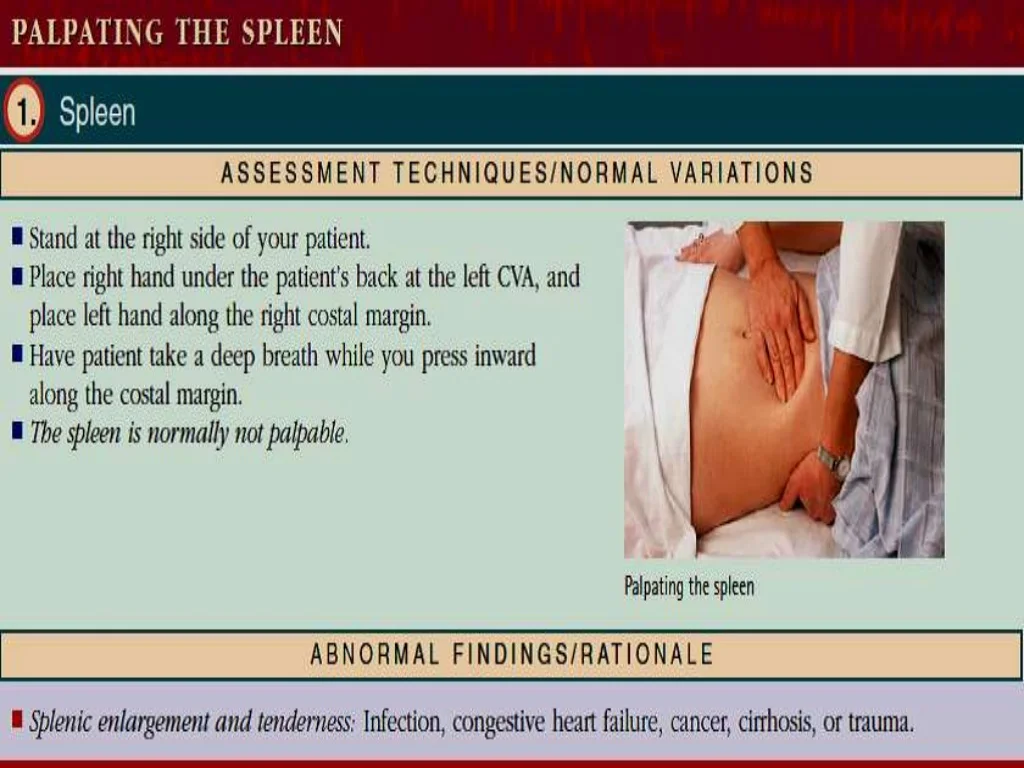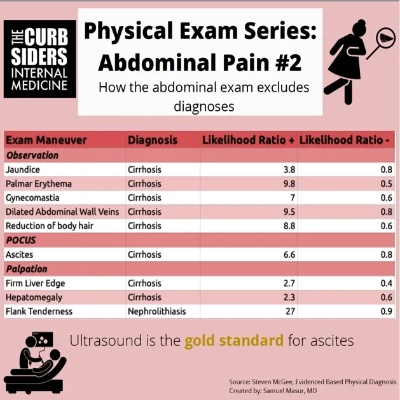Abdominal assessments are crucial in healthcare settings and are often a part of HESI case studies used to evaluate a patient’s overall health status. Comprehensive abdominal assessments involve a systematic examination of the abdomen to identify any abnormalities or potential health issues. In this article, we will explore the significance of abdominal assessments in HESI case studies, their role in patient care, and the key components involved in conducting a thorough evaluation.
Understanding Abdominal Assessment HESI Case Studies:
HESI case studies provide healthcare professionals with simulated scenarios to assess their knowledge, critical thinking, and decision-making skills. Abdominal assessment case studies focus on evaluating a patient’s abdominal health through a series of questions, physical examinations, and diagnostic tests. These cases require careful interpretation of data to arrive at accurate assessments and appropriate interventions.
The Importance of Abdominal Assessments in HESI Case Studies:
- Holistic Patient Evaluation: Abdominal assessments offer a comprehensive view of a patient’s health, as the abdominal region contains various organs. They provide valuable information about organ functioning, potential abnormalities, and overall health status.
- Diagnostic Value: Abdominal assessments can help identify possible health conditions, such as digestive disorders, organ dysfunction, or abdominal injuries. Accurate evaluations through HESI case studies contribute to timely diagnosis and appropriate treatment planning.

Components of Abdominal Assessments in HESI Case Studies:
- Subjective Assessment: Gathering a detailed health history is essential in HESI case studies. This includes asking patients about their symptoms, pain levels, medical history, and any known risk factors that may influence their abdominal health.
- Objective Assessment: Physical examinations form a crucial part of abdominal assessments. Key components include inspection, auscultation, percussion, and palpation. These help detect abnormal findings like tenderness, distension, masses, and abnormal bowel sounds.
- Diagnostic Tests: HESI case studies often incorporate diagnostic tests to further evaluate patients. These may include lab work, imaging (such as ultrasound or CT scans), or specialized tests like endoscopy or colonoscopy.
Navigating Abdominal Assessment HESI Case Studies:
- Knowledge of Anatomy and Physiology: Understanding the structures and functions of organs within the abdominal cavity is vital for accurate assessment. Familiarize yourself with organs, their locations, and related physiology to enhance your evaluation skills.
- Practice Critical Thinking: HESI case studies require critical thinking to analyze and interpret patient data effectively. Consider the patient’s symptoms, history, and examination findings to develop logical hypotheses and appropriate interventions.
- Review Assessment Techniques: Regularly review and practice abdominal assessment techniques, including inspection, auscultation, percussion, and palpation. Familiarize yourself with normal and abnormal findings to better identify potential issues in case studies.
- Utilize Resources: Refer to reliable sources, textbooks, and online resources to enhance your knowledge and refine your abdominal assessment skills. Stay up to date on guidelines and evidence-based practices to ensure accurate and comprehensive evaluations.
Conclusion:
Abdominal assessment HESI case studies offer healthcare professionals an opportunity to evaluate patients in simulated scenarios and assess their understanding of abdominal health evaluation. Mastery of abdominal assessment techniques, knowledge of anatomy and physiology, and critical thinking skills are essential for accurate diagnosis and intervention planning. By carefully navigating abdominal assessments, healthcare professionals can enhance patient care and contribute to favorable health outcomes.











